Embracing Downward Mobility
Over the past few weeks, I’ve reflected on Henri Nouwen’s notion of downward mobility. The term can evoke a knee-jerk reaction, as it’s extremely antagonistic to modern norms. Aren’t we meant to climb the corporate ladder, reach the next income bracket, or make our way to the “top” (wherever that is)? In his writings on downward mobility, Nouwen calls out our general obsession with success, wealth, and recognition – the allure of “upward mobility” – and urges us to cast them aside in order to live in solidarity with those who seemingly have little or nothing to offer us on our upward journey. Why? In short, this is what Jesus did.
The Gospels share accounts of Jesus being with and healing those who lived on the margins, including individuals with disabilities. Jesus restored people with physical, mental, and spiritual ailments; he welcomed the judged, misunderstood, and excluded. Sadly, the hospitable embrace of Christ is often absent in the modern American church and frequently reserved for those who look and think and act just like us. Perhaps we’ve lost sight of the paradoxical and surprising ways of God, who makes worldly “wisdom” look foolish, who uplifts the humble, who speaks through the willing rather than the most obviously gifted, and who welcomes the outsiders.
When we embrace the mind of Christ within ourselves, things are bound to get uncomfortable. Nouwen left behind prestige and success as an accomplished academic at Harvard to pastor a community of adults with intellectual disabilities at L’Arche Toronto. He readily admitted that the transition exposed how much he relied on the praise of others. His new flock cared little for his publications but deeply for his soul; they understood little of theology but were more than capable of spiritual depth. Nouwen said of his experience at L’Arche:
“I’ve seen that God speaks to us through the poor. And the people I live with here are really poor. Not in an economic way, but they are empty. They don’t have much capacity to analyze things. They’re poor in terms of even their emotions at times. But their heart is open to God...in a way that God can dwell there...They teach me that being is more important than doing, the heart is more important than the mind, and doing things together is more important than doing things alone.”
Most of us won’t make the same vocational transition as Nouwen, but we can learn from his experience. We can start by being honest about the value we subconsciously assign to people. Downward mobility speaks to the circumstances, choices, and people often viewed as “less than” in the eyes of the world. When we feel tempted to subscribe to such a view – that someone is beneath us or doesn’t belong – we should pray for a change in heart to see everyone as valuable, gifted, and beautifully crafted in the image of God. Furthermore, we should pray for awareness (and ask for help in identifying) how our mindsets, behaviors, and practices may create environments of exclusion and unwelcome.
As churches, we can rely on the skill and commitment of experts like The Banquet Network that walk alongside leaders and laypeople to make their communities accessible, welcoming, and inclusive for individuals of all abilities (and their families). As we journey to build a church for everyone, may we notice where the Lord walks among us: with “the poor, the crippled, the lame, the blind” (Luke 14). With God’s help, may we believe together that we are His beloved and see that belovedness in each and every person.
Joshua Simpson serves as a Board Member of The Banquet Network. For more stories like this one, go to our blog page, or click to connect, learn or donate to the mission of The Banquet Network.
